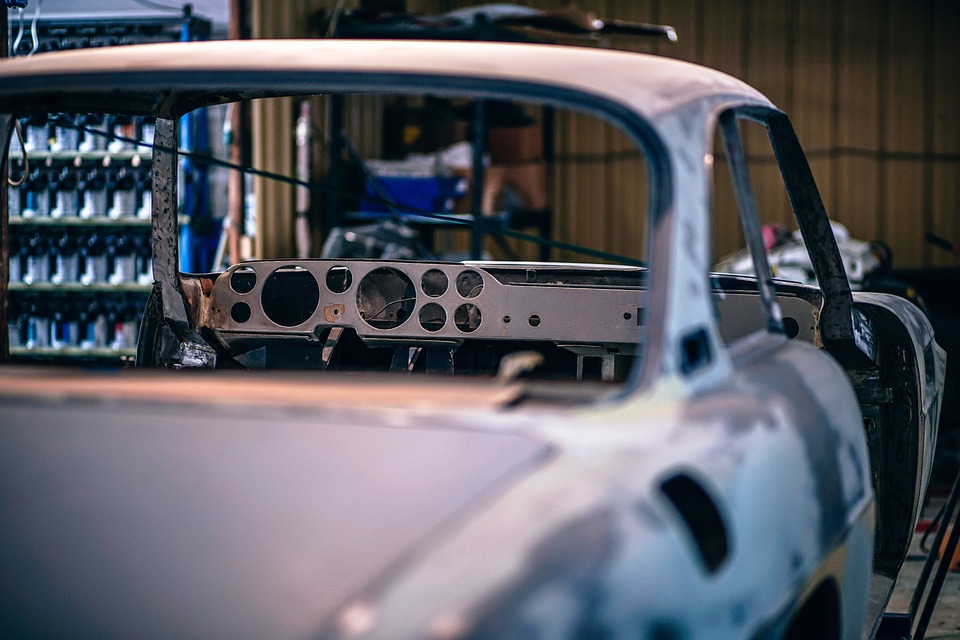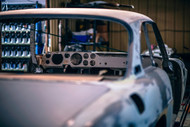Car Maintenance Myths and Misconceptions
14th Aug 2017

The average age of cars on U.S. roads is 11 years, according to Consumer Reports. If you want to keep your car running for more than a decade, though, you'll need to maintain it. With that said, there's a lot of myths and misconceptions surrounding the topic of automotive maintenance, some of which we're going to explore in this blog post.
Oil Must be Changed Every 3,000 Miles
When you get your car's oil changed at local auto shop or mechanic, they'll probably place a sticker on the windshield reminding you to get it changed again in 3,000 miles. In the past, 3,000 miles was the standard interval during which the engine oil should be changed. Today, however, cars can easily go 5,000 miles -- sometimes even 10,000 miles -- before needing an oil change.
Premium Fuel is Better for Your Engine
Because of its higher price and "premium" label, some drivers assume that premium fuel is better for their car's engine than standard fuel. While it does contain a higher octane rating, there's no evidence suggesting that premium fuel is any better than standard. In fact, the Federal Trade Commission (FTC) says that it most cases, it offers "absolutely no benefit."
You Should Flush the Coolant Every 60,000 Miles
Again, this used to be a recommendation, but now it no longer holds truth. Modern cars and trucks are designed with closed coolant systems, meaning the vehicle shouldn't lose any coolant unless there's a leak. Furthermore, coolant can last for several years without losing its effectiveness. So, refer to your vehicle's owner manual for more information on when to perform a coolant flush.
You Should Warm Up the Engine in Cold Weather
There's no evidence suggesting that "warming up" a car's engine by allowing it to idle in cold weather offers any real benefits. Once you begin driving your car, it will essentially warm up itself; thus, eliminating the need for idling.
Of course, there's still a good reason to let your car idle when it's cold outside: it creates a more comfortable cabin temperature.
The Air Conditioner Burns Gas More Quickly
Some drivers avoid running their car's air conditioner during the summer, believing it burns gas more quickly. This isn't necessarily wrong, though it's not entirely right either. You see, by not using the air conditioner, you'll probably open the windows. And when the windows are open, your car becomes less aerodynamic due to the increased wind resistance. So, while not running the air conditioner may save you gas, opening the windows will negate these effects.

